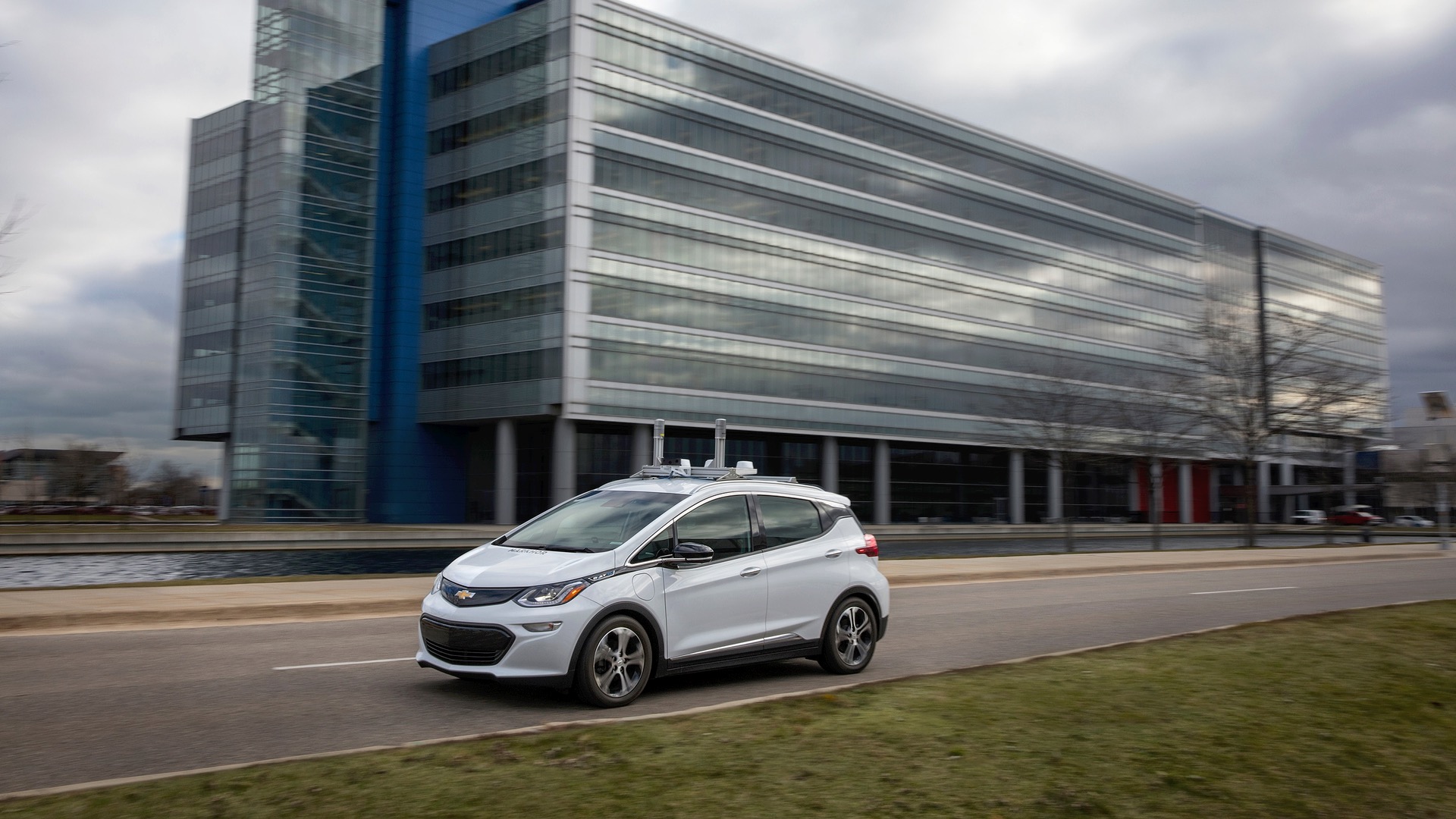

General Motors’ Cruise autonomous driving division has scored another big investment. According to Reuters, T. Rowe Price and a group of existing investors, including Honda and China’s SoftBank, have put up $1.15 billion for Cruise—therefore valuing a company that’s yet to commercialize a single product at $19 billion
The valuation is a big jump from the $14.6 billion Cruise was valued at during its last funding round in October 2018, when Honda invested $2.75 billion in the GM division. SoftBank, which is also a major investor in Uber, announced an investment of $2.25 billion in Cruise in May 2018. All of that cash is urgently needed, as Cruise is burning through money to develop and commercialize its autonomous-driving tech. It lost $728 million in 2018, a 19 percent increase over 2017’s reported loss.
Yet even as GM cuts staff and facilities elsewhere, Cruise is expanding. Cruise is reportedly looking to double its staff and more than triple its office space in San Francisco. The division already has a steady supply of Chevrolet Bolt EV test cars, which are fitted with their autonomous-driving hardware on the assembly line. Those cars are currently being tested on public roads in California, Arizona, and Michigan.
Cruise’s growth is driven by GM’s need to keep up with other companies. Waymo is already operating a small-scale commercial ride-hailing service in Arizona, and plans to open a factory in Detroit that will churn out large numbers of test cars. Uber’s self-driving car program was cut back after a fatal crash in March 2018, but is now getting significant investments from Toyota and Cruise investor SoftBank. Ford has said it will launch a production self-driving car for ride-hailing and food delivery services in 2021.
GM has said that Cruise will launch a self-driving car with no manual controls by the end of 2019, but has offered few details on how it plans to commercialize the technology. Aside from a partnership with DoorDash for a food-delivery pilot, Cruise hasn’t tested commercial applications for autonomous cars on the scale that rivals have. Even if Cruise builds the best self-driving cars on the road, it will have to find a way to profit from them eventually.